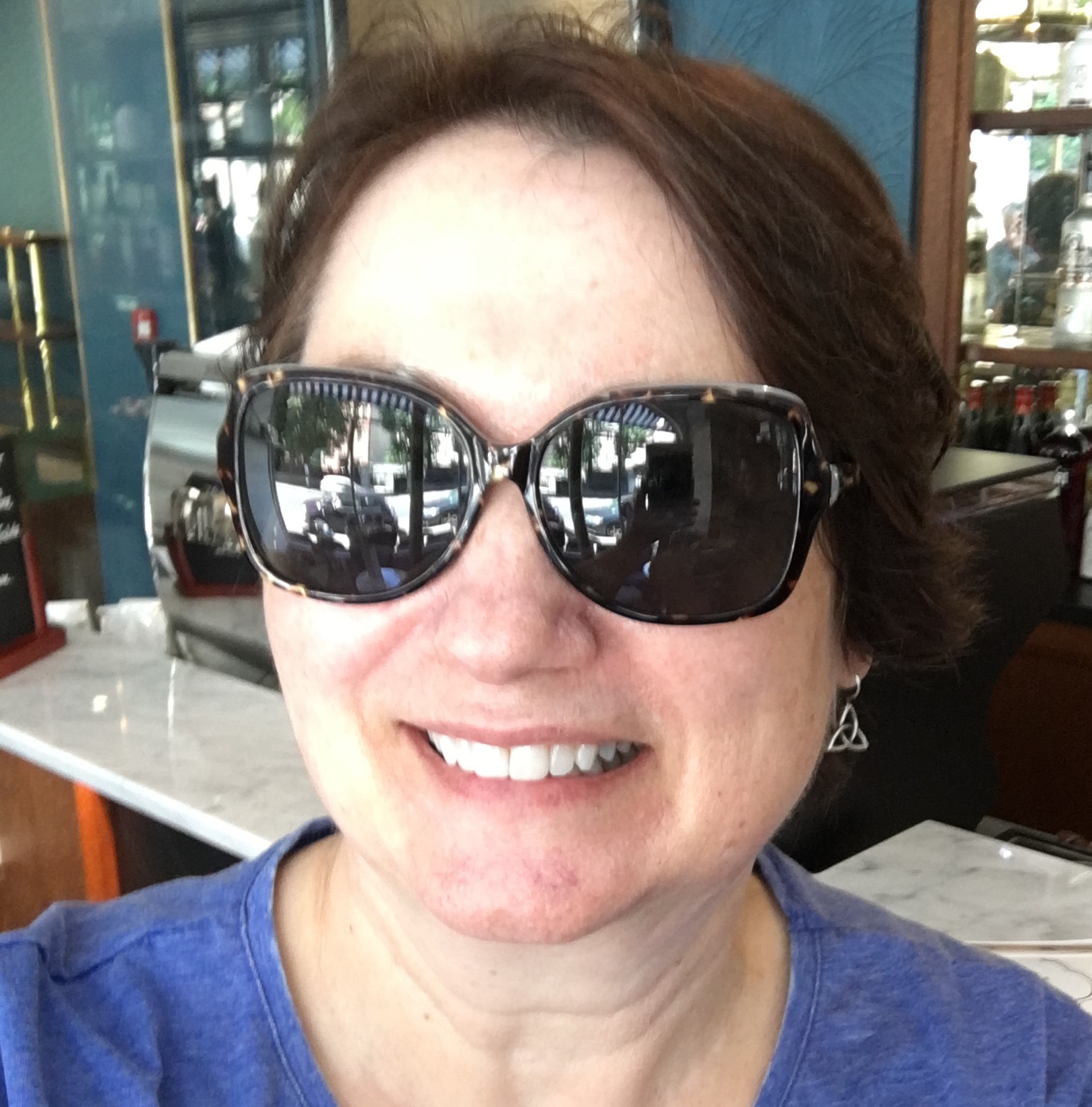
April 23, 2021
Item Five
By Elaine Crauder
Selling the house should have been easy. The house had been too big for the two of them and now it felt cavernous and seemed to echo with each breath. She lay on the bed in a silk nightgown that he had liked and stared longingly at the faded vacation picture propped up on his nightstand. In the photo, he smiled as though sated, one arm snug around her waist, the other slung around his never-married brother.
She nodded to no one, agreeing that yes, after three months of widowhood she was ready to face the garage and the attic detritus, and then sell the house. Ben had promised to tackle the mess year after year. He’d not tended to it; she would tame it. Clearing the attic would begin the process of making space, though she wasn’t sure for what. The rickety ladder which folded down from the ceiling wobbled. Perhaps she’d scaled it with hesitant steps a couple of Christmases ago. Perhaps she’d sent up one of the kids.
Of course she couldn’t sell. Where would the kids stay when they returned with their spouses, accumulated like flotsam in college? Her son had collected two children to his entourage. Would they ever visit if she had an apartment situated along still hallways stocked with expensive old people—people who seemed much older than she was? Hardly. Her daughter would come—even to a place that reeked of camphor oil—and would stay on a guest bed, but where would her husband and that all-bones Dalmatian go?Now, when the kids came home they slept in queen and single beds, packed tight in upstairs bedrooms. Mattresses she and Ben purchased so that their children and, oh, their sweet-smelling grands, would be comfortable and come often. Mornings, they spilled onto stained sofas and lingered over late morning coffee and hot chocolate.
She fell into a hard sleep and woke unrested and anxious. She sipped her tepid coffee and said, “Beth Anne—” she’d taken to talking to herself— “do five things today, whether you want to or not.” With that, she started on item one and made an appointment with the realtor for later in the morning. That made sense, yet she still wished she could run the theory past Ben before making a decision. He might not know—even if he weren’t in a silver urn underground—since they bought their house as newlyweds in 1985 and had watched the price rise and fall and rise again. She no longer wanted to think about real estate.
Next, she called the place that kept calling her and said yes, she had a garage and attic full of God knows what, and they could take everything. She half-smiled in what might have been the first time in two months and realized her face muscles tired at the attempt.
In the car she fished around for paper and salvaged a receipt from her purse, smoothed out the wrinkles, and sat with her pen in the air, poised to finish her list. If she sat long enough she’d have to come up with the other three things. She concentrated on breathing and making her mind go to nothing. “Beth Anne,” she said, “start writing.” She didn’t like it when she used that tone of voice with herself, but it was effective.
She jotted down item three with no trouble: re-enroll at the gym. She dawdled at number four, then scrawled a reminder to stop by the farmers’ market for fresh produce with its warm earthy scents, right from the sellers’ gardens. The season had peaked weeks earlier for corn and tomatoes, sweet peas and broccoli, and she’d come close to missing out. She could either write down number five or put her list into action and swing by the gym.
* * *
Sticky, damp, and sweaty from the treadmill, she walked into the outdoor market. The tomato aisle was fraught: her overly sympathetic two best friends were hunched over a bin of heirlooms. Juicy warm tomatoes were not worth facing her friends’ exhausting sympathy. Switching aisles, she forgot that she was a party of one and bought for a crowd.
At home, she staggered into the kitchen laden with bags filled with corn, eggplants, and melons. She liked them well enough but had chosen out of habit: they were Ben’s favorites. She put them on the counter and plopped onto the sofa.
“On to item five,” she said. “Call Ken.” The man who’d sat and cried with her in the hospital. Who’d slumped in the plastic chair—arms close on armrests, though never touching—and mumbled, “I’ll miss him forever. But, damn, it took him long enough.” It wasn’t the heart attack that Ken meant. It was the dying and leaving her free.
Beth Anne shook her head at the memory but dialed anyway: her fingers rhythmically moved across the touch pad. On the first ring she realized she’d been holding her breath and exhaled.
On the second ring her brother-in-law picked up. “Hey,” he whispered.
“Hey.” She waited a moment while they spoke in familiar silence. Nodding, she hung up.
Using the tone of voice she’d use if talking to one of her best friends, she said out loud, “Beth Anne, you’ve waited for thirty years. You can now.” She wondered for the briefest of moments if it was the impossibility that had sustained her.
Now that she could, though, she wasn’t sure she wanted to.

Write City Ezine is currently closed to submissions. See submission guidelines for further information.
Affiliates/Partners
Testimonials
Contact
Join CWA
Member Profile
My Account
Writers Conference
Presenters
Agents and Publishers
Pitch Sessions
Sponsors
Scholarships
Speaker Registration
Book of the Year
Spirit Award
First Chapter Contest
Resources
Home
Chicago Writers Association
info@chicagowrites.org
Make a Difference!

